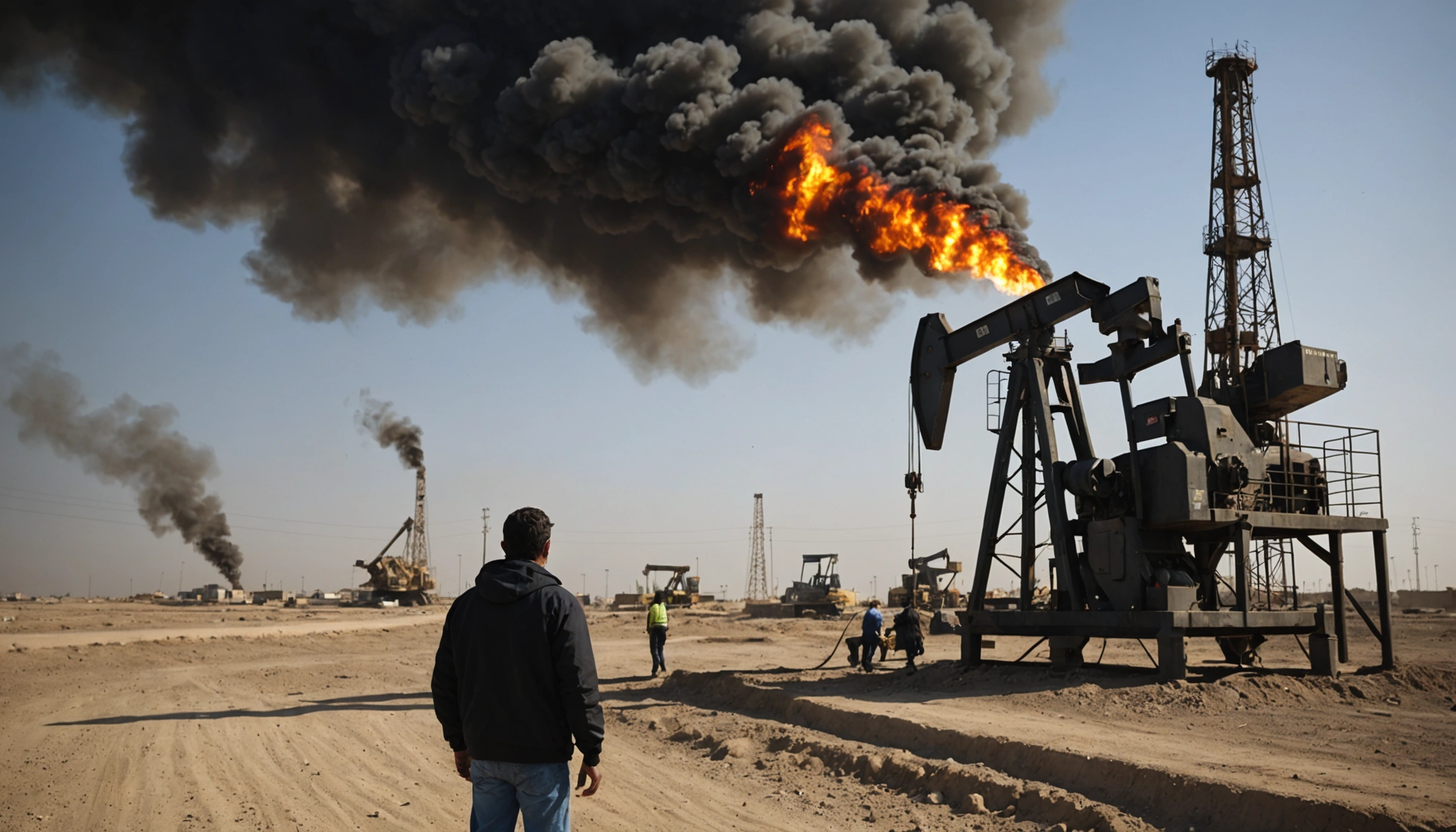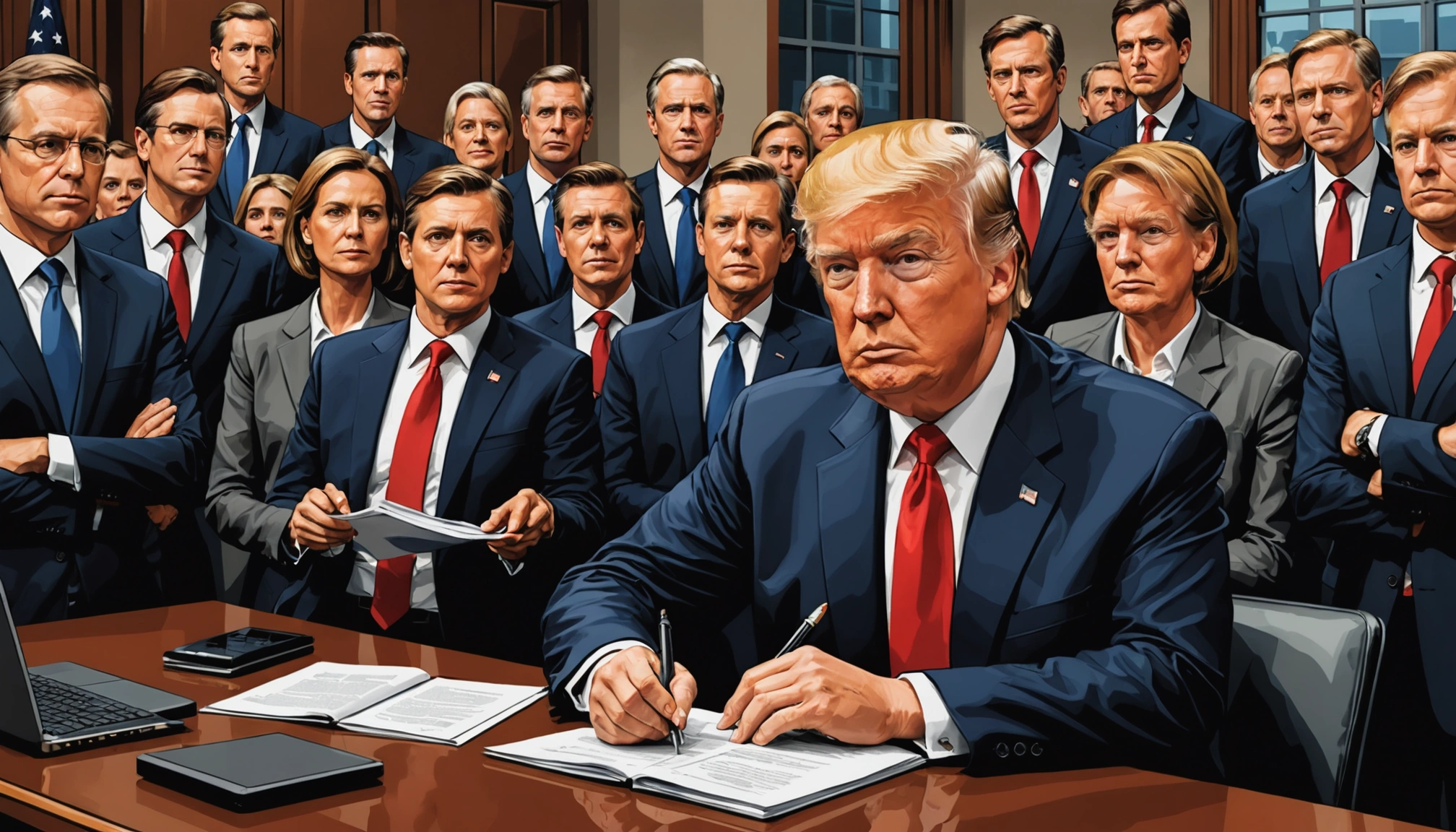Oil Prices Soar as Iran-Israel Tensions Grip Global Economy

Global markets are reeling as escalating tensions between Iran and Israel send oil prices surging and trigger a flight to safe-haven assets. The conflict, marked by recent strikes on Iranian oil and gas facilities, has stoked fears of a wider regional war and potential disruptions to global energy supplies, injecting a fresh wave of uncertainty into an already fragile economic landscape.
Market Turmoil and Price Spikes
The immediate aftermath of the escalating conflict saw crude oil futures jump as much as 13%, with traders bracing for a protracted period of instability. Brent crude, the global benchmark, surged over 10% to $75.15 a barrel, reaching its highest level in nearly five months on June 13th. West Texas Intermediate also experienced a significant increase, reflecting concerns over potential supply disruptions. On June 17th, Brent crude oil prices jumped by more than 8 percent from under US$70 per barrel to nearly US$78. These price hikes reflect the market's anticipation of further escalation and the potential for a more widespread conflict.
Stock markets in Asia and Europe reacted negatively, with Germany's DAX index taking a significant hit. In the United States, the S&P 500 and Nasdaq opened lower as investors sought less risky investments like government bonds and gold. Gold prices have surged to their highest level in nearly two months, reaching $3,416 per ounce on Monday as escalating military tensions between Israel and Iran prompted investors to flee to safe-haven assets.
Geopolitical Flashpoint: The Strait of Hormuz
A major concern is the potential closure of the Strait of Hormuz, a narrow waterway through which approximately 20% of the world's oil supply passes. Any disruption to this critical chokepoint could send oil prices soaring, with some analysts predicting a potential spike to $100 or even $130 per barrel. While a full closure remains unlikely, the threat alone is enough to rattle markets and drive up prices. Iran has threatened to close the Strait multiple times in the past, but has never followed through.
Financial analyst Michael Campbell explained that Iran is considering closing the Strait of Hormuz, a move that could send oil prices soaring and shake the global economy.
Broader Economic Implications
The surge in oil prices poses a significant threat to the global economy, potentially exacerbating existing inflationary pressures and slowing economic growth. Every 10% increase in the price of oil adds about 0.4% to consumer prices over the subsequent year, according to a 2019 analysis by FXStreet. This could lead to reduced consumer spending and business investment, further dampening economic activity.
Minister of Finance Sri Mulyani Indrawati warned that the ongoing conflict between Iran and Israel has begun to reverberate through the global economy with oil prices surging and market volatility rising. The minister cited the immediate market response in global energy prices as a sign of deeper financial stress ahead.
The conflict also comes at a time of heightened uncertainty in financial markets, driven by factors such as US trade policies and rising fiscal deficits in advanced economies. These factors, combined with the Middle East tensions, create a "storm of stagflationary risk," where inflation rises while growth stagnates.
Impact on Individual Nations
The impact of rising oil prices will vary across different countries, with some being more vulnerable than others. Nations heavily reliant on oil imports, particularly emerging economies, could face significant challenges. For example, Indonesia could see its fiscal sustainability strained, its currency weakened, and inflationary pressures increased.
For oil-producing nations, the price surge could provide a short-term boost to their economies. However, the long-term effects of regional instability and potential supply disruptions could outweigh these benefits.
Potential for Escalation and US Involvement
The possibility of further escalation remains a significant concern. Israel has bombed multiple oil and gas facilities in Iran since Friday, including the South Pars gasfield, the Fajr Jam gas plant, the Shahran oil depot and the Shahr Rey oil refinery. The United States' potential involvement in the conflict adds another layer of complexity. President Trump's recent rhetoric against Iran has fueled fears that his administration could order a military strike against Iran's uranium enrichment facility.
Clayton Seigle, a senior fellow at the Center for Strategic and International Studies in Washington, DC, wrote that Israel may choose to strike Iran's oil exports, believing that working to finish off a hostile regime is worth the risk of alienating allies concerned with potential price escalation.
Conclusion: Navigating a Turbulent Landscape
The escalating tensions between Iran and Israel have injected a significant dose of uncertainty into the global economy. The surge in oil prices, driven by fears of supply disruptions and a wider regional conflict, poses a threat to economic growth and could exacerbate existing inflationary pressures. As the situation unfolds, businesses and policymakers must remain vigilant and prepare for a period of heightened volatility. The coming weeks will be critical in determining whether the conflict can be contained or whether it will spiral into a broader crisis with far-reaching consequences for the global economy.
Related Articles

EU Faces Uphill Battle Securing US Trade Pact Amid Trump's Tariff Threats

Myanmar's Rare Earths Boom: A Dirty Secret Fueling Green Tech
